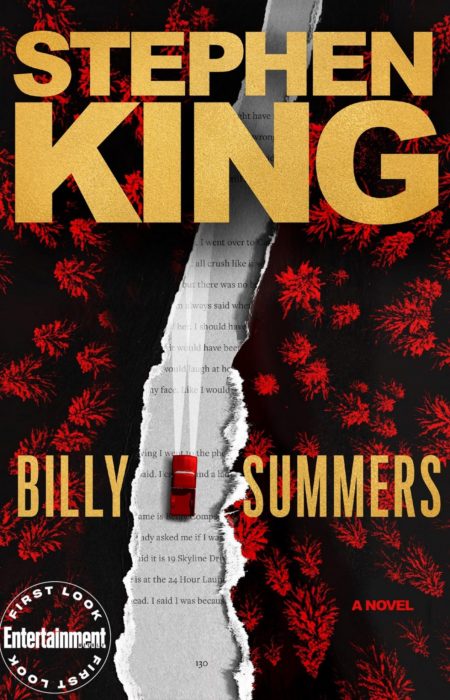

Despite how good he was at his job, it made him a certain kind of person. It was satisfying to see Billy take down a genuine Grade-A villain, as a sort of penance for his own poor life choices. The conceit of Billy writing his story was central to how the denouement plays out. I’m not sure he could have made the book work without it and kept his ending. I’m also never not going to like a book within a book as a storytelling device, but it is a well King has gone to again and again. I also didn’t love reading the scenes from Billy’s novel about his time in the military, because war stories are something I like to avoid when possible, but they are key to who he he is as a character. I’m still not sure how I feel about the presence of a character who joins the novel about a third of the way through. I liked pretty much everything to do with the hit-man story, the planning and the executing, and the way Billy pre-plans for everything to go sideways, and what he does about all of it in the end. The story weaves backwards in the form of the autobiographical novel (which he has to pretend to write badly so his employers, who are monitoring him, don’t start thinking he’s smarter than he is pretending to be), and forwards as he plans for the job, executes it, and then has to deal with the fallout. Billy has taken this job, even though something about it doesn’t feel exactly right, on the back of a hefty seven figure payday.

He sort of fell into the profession after leaving the military, and we get his backstory in the form of a Roman à clef novel Billy is writing to pass the time while he waits for his One Last Job to be finished. The thing with the painting could very easily be read as a metaphor, and a product of Billy’s developing paranoia.īilly Summers is the hit-man. An argument could be made for this novel existing in a supernatural world as well, as it hints to taking place in the same universe as The Shining (and Misery ), but there is nothing significant about the content of the story itself that is anything other than mundane. *This honorific used to belong to the Bill Hodges trilogy, but as we learn in the third book of that series and its continuations (The Outsider and its companion novella) the supernatural is alive and well in Bill Hodges’ world.

This is his first straight up crime novel*, and his first about a hit-man. A lot of it revisited past favorite themes of his, but some of it felt new. I think ultimately that I was very entertained by this book, even if it isn’t King’s best. Been sitting on this review, because despite how fast I read the book, I couldn’t quite figure out how I wanted to rate it, or what I wanted to say about it.


 0 kommentar(er)
0 kommentar(er)
